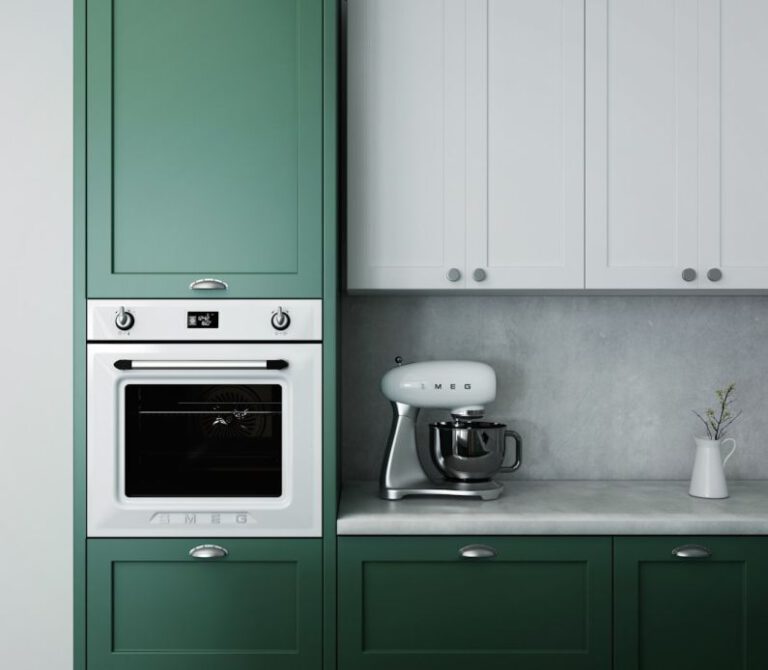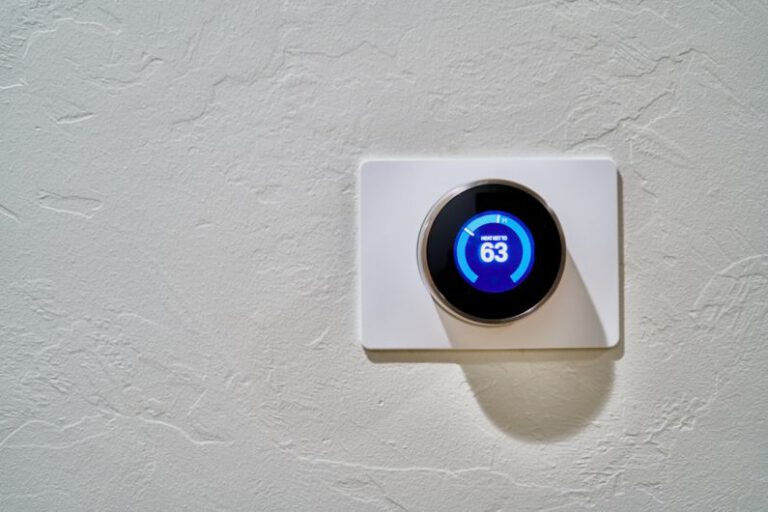How to Choose the Right Smart Home Assistant?
In today’s fast-paced world, smart home assistants have become an essential part of many households. These devices offer convenience, entertainment, and help in managing daily tasks. With the market flooded with various options, choosing the right smart home assistant can be a daunting task. To help you make an informed decision, we have compiled a guide on how to select the perfect smart home assistant for your needs.
Understanding Your Needs
Before diving into the world of smart home assistants, it is crucial to understand your needs. Consider what tasks you want the assistant to help you with. Do you need it primarily for controlling smart home devices, playing music, setting reminders, or accessing information? Knowing your requirements will narrow down your options and make the selection process easier.
Compatibility with Smart Home Devices
If you already own smart home devices such as smart lights, thermostats, or security cameras, it is essential to ensure that the smart home assistant you choose is compatible with these devices. Compatibility issues can arise if the assistant does not support the devices you have or if they use different communication protocols. Make sure to check the compatibility of the assistant with your existing smart home ecosystem before making a purchase.
Voice Recognition and Language Support
One of the key features of a smart home assistant is its voice recognition capabilities. Ensure that the assistant you select can accurately understand and respond to your voice commands. Additionally, if you are multilingual or have family members who speak different languages, opt for an assistant that supports multiple languages. This will make interactions with the assistant seamless for everyone in your household.
Privacy and Security
When inviting a smart home assistant into your living space, it is essential to consider privacy and security implications. Research the privacy policies of different assistants to understand how they handle your data. Look for options that offer robust security features such as data encryption and secure user authentication. Additionally, consider whether the assistant has a physical switch to turn off its listening capabilities for added privacy.
Entertainment Features
Aside from assisting with daily tasks, smart home assistants also serve as entertainment hubs. Look for assistants that offer a wide range of entertainment features such as music streaming, podcast playback, and smart home integration with entertainment devices like TVs and speakers. Some assistants even support video streaming services, making them versatile entertainment companions.
Smart Home Assistant Ecosystem
When choosing a smart home assistant, consider the ecosystem it belongs to. Some assistants are part of larger ecosystems that offer a wide range of compatible devices and services, allowing you to expand your smart home setup seamlessly. Others may be more limited in terms of ecosystem compatibility, which could affect the overall functionality and integration of your smart home devices.
User Interface and Design
The user interface and design of a smart home assistant play a significant role in the overall user experience. Consider factors such as the size, shape, and display of the assistant, as well as the ease of navigation through its interface. Opt for an assistant that has a user-friendly design and intuitive controls to ensure a smooth user experience.
Cost and Value
Finally, consider the cost and value proposition of the smart home assistant you are eyeing. While some assistants come with a higher price tag, they may offer advanced features and better integration with smart home devices. Evaluate your budget and the features you need to determine the best value for your money. Look for deals or bundles that offer additional accessories or services to maximize the value of your purchase.
In conclusion,
Choosing the right smart home assistant requires careful consideration of your needs, compatibility with smart home devices, voice recognition capabilities, privacy and security features, entertainment offerings, ecosystem integration, user interface design, and cost. By weighing these factors and conducting thorough research, you can select a smart home assistant that meets your requirements and enhances your smart home experience.






